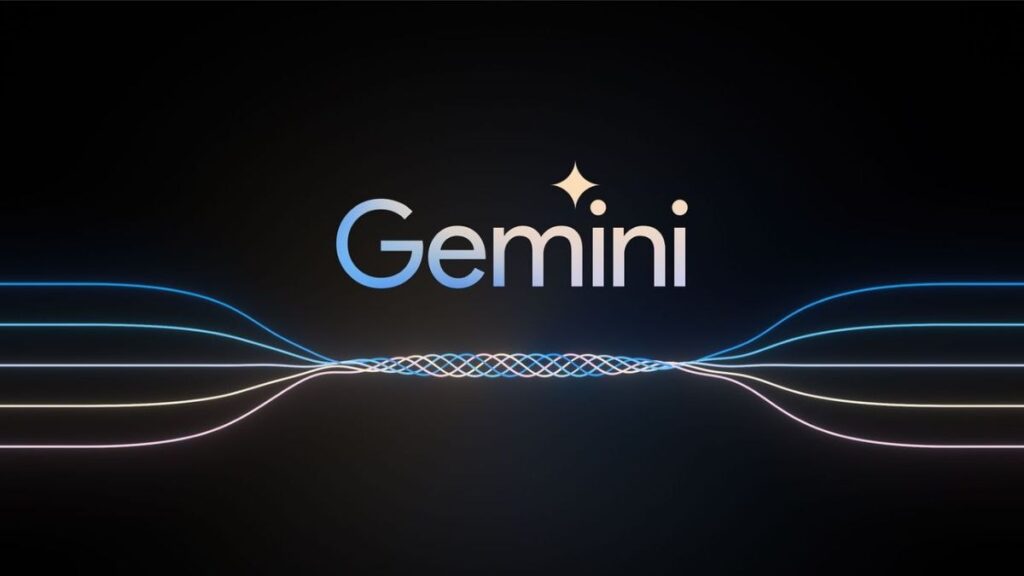Gemini on Android could soon be multitasking, according to a report. An artificial intelligence (AI) chatbot added to Android smartphones can perform several tasks such as answering queries, searching for queries on the internet, and writing essays and messages. However, the chatbot outsources functionality to Google Assistant when it comes to device-integrated tasks such as checking reminders, setting alarms or sending messages. That may not be the case for long, as the report claims Gemini will soon be able to set alarms and timers on their own.
According to a report from Android Authority, Gemini on Android could get a new Clock Tool extension that will allow it to set alarms and timers when the user requests them. The publication spotted the new feature during the app removal process. The feature was seen in the latest beta version of the Google app (version 15.27.33).
![]()
Gemini Clock Tool extension
Photo credit: Android Authority
In a screenshot shared by the publication, the Clock Tool extension could be seen in the list of Gemini extensions. It can be invoked by verbal naming or by typing ‘@Clock Tool, followed by a request. In the screenshot, this action prompts the AI chatbot to display a message that says, “Gemini is taking over from Google Assistant to manage some actions through the extension.” The watch tool then performs the task.
The new extension will join existing Gemini extensions on Android such as Google Flights, Google Hotels, Google Maps, Workspace, YouTube and YouTube Music. Additionally, the report also found a new setting that will allow users to access the AI chatbot while the device is locked. This feature was previously reported, but now a screenshot of the setting has also surfaced.
![]()
Gemini AI lock screen setting
Photo credit: Android Authority
With the lock screen feature, users will be able to use Gemini on the go and chat or ask a quick question. All extension features can also be accessed from the lock screen. The report claims that Gemini may not be able to perform tasks that require adding credentials or accessing private data. No word on when the feature might be available to the public.


